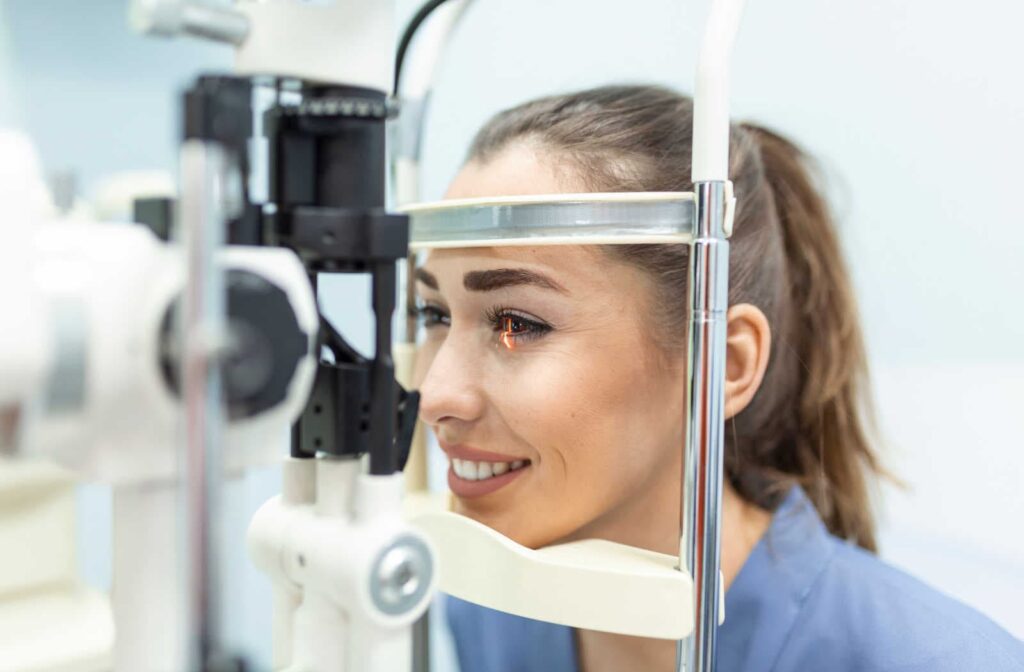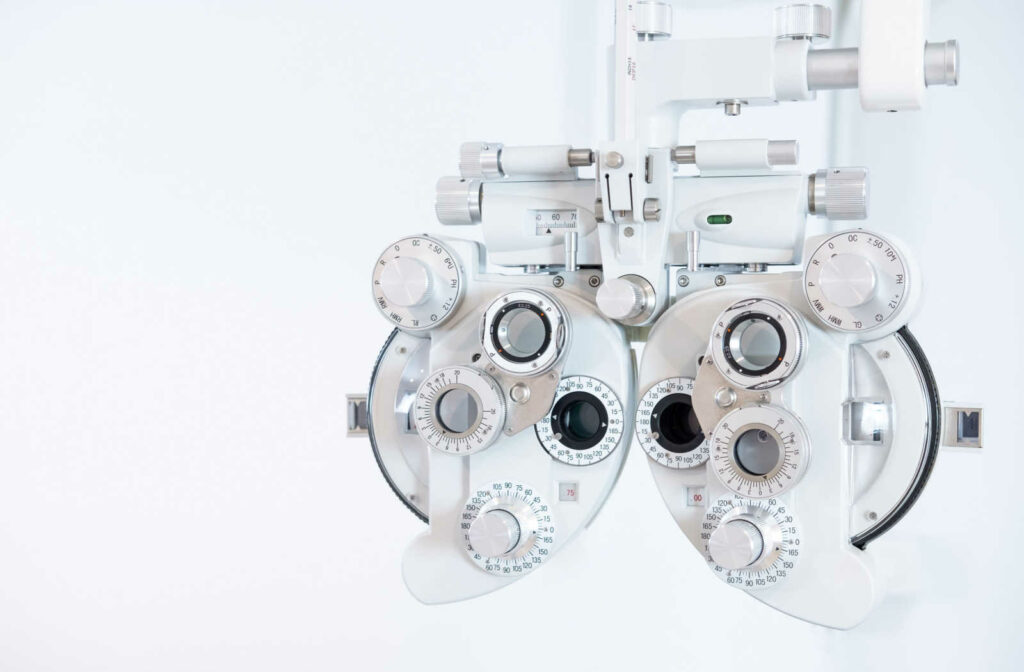Eye exams are necessary for your eye health and vision. Besides testing your vision, your optometrist evaluates several aspects of your eye health. Routine eye exams feature several diagnostic tests for your vision and eye health.
You can expect several tests during a routine eye exam, including visual acuity, eye coordination, general eye health, and more.
Why Are Eye Exams Important?
Everyone needs regular eye exams, regardless of their age. These exams are essential for helping diagnose vision problems, eye diseases, and other potential issues.
Many people assume eye exams aren’t necessary if they can see clearly, but your vision is more than how well you see. You can experience eye conditions that don’t directly affect your vision or problems that don’t show symptoms at first.
Eye Disease Can Significantly Affect Your Eye Health & Vision
If left unaddressed, eye diseases can lead to severe vision loss, even blindness. Many of these conditions can develop with little to no symptoms.
Your vision can worsen without you knowing it. An eye exam is the best way to diagnose these conditions early.
Common eye diseases include:
Detecting these conditions early can help protect your vision. Your eye doctor can treat these conditions sooner, lowering your risk of vision loss. Frequent eye exams are essential for keeping your eyes and vision safe.
How Often Should You Visit the Eye Doctor?
Each patient’s eye health and vision situation is different, meaning eye exam frequency may differ. However, the American Optometric Association recommends that anyone without current eye problems has an annual eye exam.
Patients with diabetes, severe refractive errors, or other vision problems may need to see their optometrist more frequently. Your eye doctor will recommend an ideal exam frequency during your eye exam. Remember to book regular eye exams—they can help protect your vision.

What Can You Expect During a Routine Eye Exam?
Eye exams are more than a quick look at your vision. While they include a vision assessment, eye exams involve different tests to evaluate your eye health and look for early signs of problems.
If you’re a new patient, your eye doctor will review your medical history, including your family history, lifestyle, current medications, and concerns you have. Asking these questions helps your optometrist identify potential risks to your eye health.
In a routine eye exam, your optometrist will complete several tests.
Preliminary Testing
Preliminary tests help assess different aspects of your eye health and vision. These tests typically happen early in your exam before meeting your optometrist.
Preliminary tests can include:
- Color vision
- Peripheral vision
- Pupil reflexes
- Depth perception
- Eye pressure measurement for glaucoma
Visual Acuity & Refraction
Visual acuity is the most well-known part of your eye exam. Your eye doctor uses this test to determine how well you see from different distances, identifying potential refractive errors like myopia, hyperopia, or astigmatism. The most common way to test visual acuity is with an eye chart.
A refraction test helps your eye doctor determine your prescription. They use a machine called a phoropter to show you different images. The results of this test help your optometrist find the right lens power for your glasses or contacts.
Eye Coordination Testing
These eye tests help assess your coordination. Your eyes must work together to focus, move, and see clearly. The images each eye sees merge with help from your brain, creating the images you see every day.
If eye coordination is poor, it can lead to different vision problems. Your eye doctor will test things like binocular vision and how the eyes focus.
In-Depth Eye Examination
An in-depth eye evaluation involves looking at the eye’s internal structures. Many eye diseases can develop with limited symptoms, making them hard to identify alone. Looking at the eyes with detailed technology can help identify eye diseases as early as possible.
During your evaluation, your optometrist looks at your retina, macula, and optic nerve. If they identify any problems, they’ll recommend a customized treatment plan to help prevent damage to your vision.
Book Your Next Eye Exam
It can seem tempting to skip your eye exam, especially if you can see well, but you never know what’s happening to your vision internally. Remember to book regular eye exams to help protect your eye health and vision. Your eye doctor is here to help. Contact Restore Vision Center when it’s time for your next eye exam.




